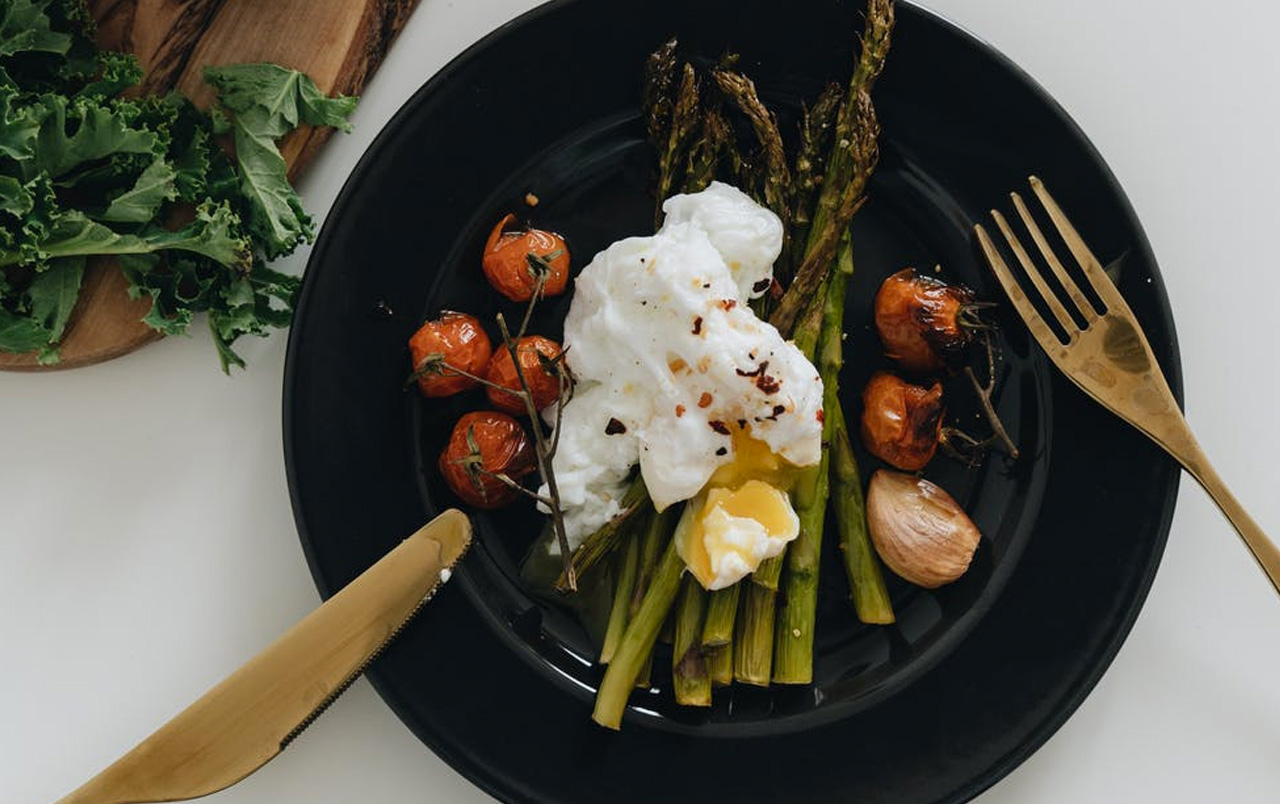The way we feel on a daily basis is driven by the types of food that we eat. This should be no surprise. However, there are two other factors that play an equally important role in our health. They are digestion and absorption. If these processes aren’t functioning properly, the body can’t process and use the resources it requires and things start to malfunction.
As science continues to expand its understanding of how the body functions as an interconnected whole, evidence continues to mount around how poor digestion and absorption may be the underlying cause of many of our modern ailments.
What are some early sings of a weakening digestive system? If you experience symptoms like excessive gas, belching or burping after meals, feeling heavy, bloated or sleepy after meals (especially those containing meat), experience persistent bad breath, feel nauseous after taking supplements, finding undigested food in your stool, or even acne, you may be suffering from less than ideal digestion and absorption.
The good news is that there are some simple steps you can take to help improve the function of your digestive system today that cost nothing and takes little time.
Activate Your Parasympathetic Nervous System (Rest & Digest)
Being in a relaxed state is probably one of the best things you can do for your digestion. When we are under stress, or in fight or flight mode, the body shuts down digestion resulting in incomplete breakdown of food, which can lead to autointoxication and inflammation throughout the body. Instead, you want to be in a parasympathetic state, or ‘rest and digest’, before you begin eating.
A simple way to relax before a meal is to sit in an environment without screens, or other distractions, and take 5-10 slow deep breaths. While doing this, think about the food you’re about to eat, the smells, the taste, the texture, and when you mouth starts to water, begin eating.
Other Simple Tips For Good Digestion
- Chew your food – digestion beings in the mouth, and the more chewing you do before swallowing, the easier it is on the rest of your system.
- Try chewing your food twice as long as your normally would.
- Put down your utensils between bites, this will also encourage you to chew more.
- Avoid drinking too much with meals especially cold drinks, as they shut down digestion.
- Small sips of room temperature water is ideal, too much liquid dilutes stomach acid.
- Avoid combining sugars (fruit, and processed desserts) with protein and fats at meals.
- Sugars are digested in the intestine and pass through the stomach quickly. Protein and fats remain in the stomach for several hours. When the two are combined, like when we eat dessert after a meal, fermentation occurs causing gas and bloating.
- Eat fruit and sugars away from meals before, or after the stomach has been emptied (2-3 hours after, or 1-2 hours before)
- Limiting concentrated protein foods (meat and dairy products), processed foods, and alcohol will also support digestion.
If you’re experiencing some of these symptoms or other digestive issues, consider booking an appointment, or contacting me directly, there is lots that can be done from a nutritional stand point to help.

